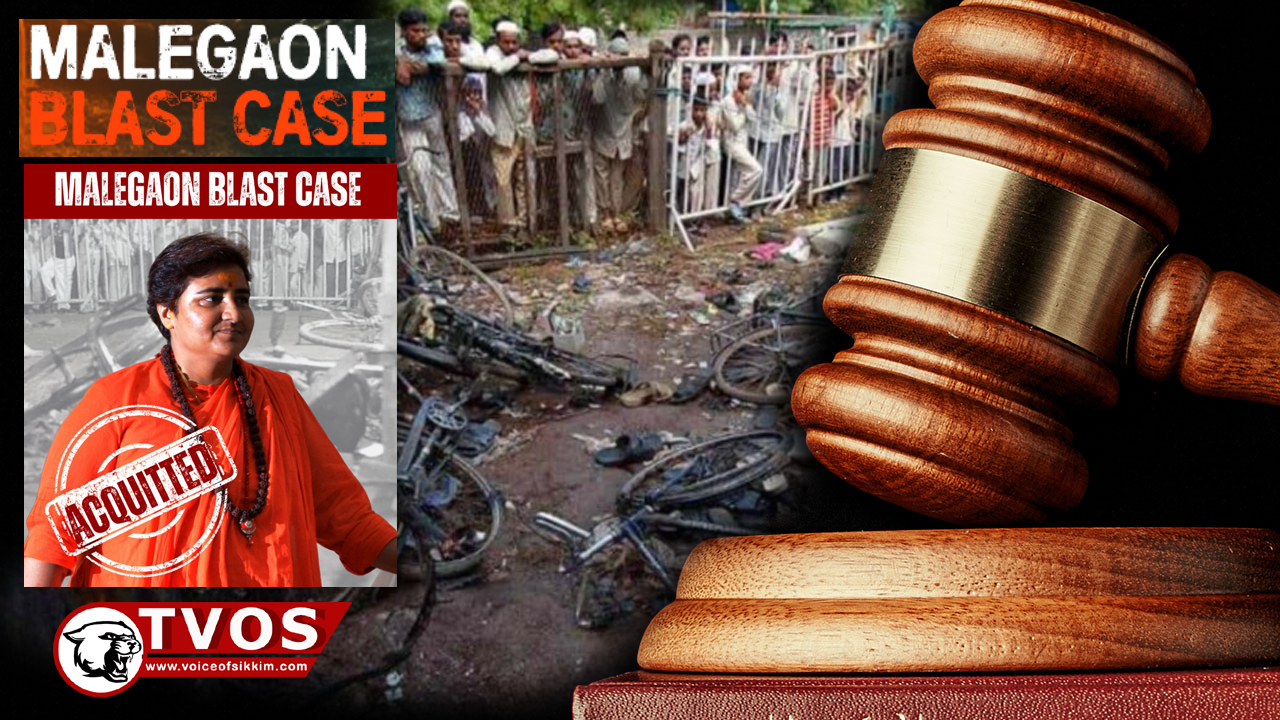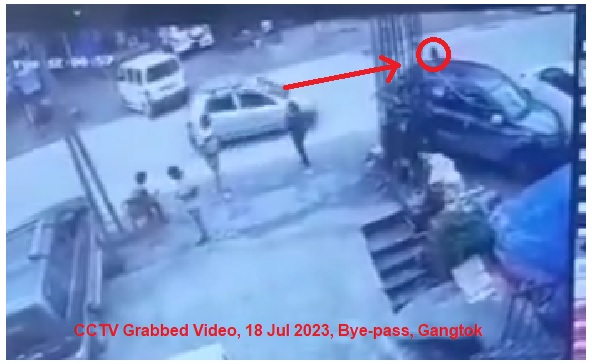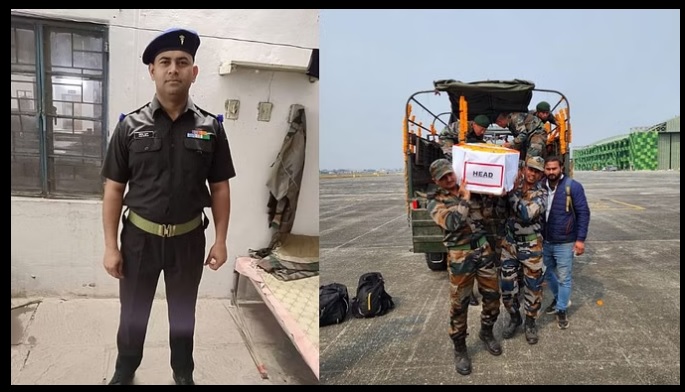
Mumbai, July 31 : Nearly seventeen years after the devastating 2008 Malegaon blast, a special National Investigation Agency (NIA) court in Mumbai today acquitted all seven accused, including prominent figures like former BJP MP Pragya Thakur and Lt Col Prasad Purohit. The landmark verdict, delivered on July 31, 2025, sent ripples across India’s legal and political landscape, with the court citing a profound lack of credible evidence and significant investigative shortcomings as reasons for the acquittals.
The blast, which rocked the communally sensitive town of Malegaon on September 29, 2008, during the holy month of Ramadan, tragically claimed six lives and left over a hundred injured. A bomb strapped to a motorcycle near Bhikku Chowk detonated, an act police at the time believed was intended to ignite communal tensions on the eve of the Hindu Navratri festival.
The court’s decision was heavily influenced by several critical factors. The prosecution reportedly failed to conclusively link the accused to the blast, for instance, by proving Pragya Thakur’s possession of the motorcycle or the storage of explosives at Lt Col Purohit’s residence. Furthermore, the judgment highlighted “lapses in the investigation,” including “defective sanction orders for UAPA” and “contaminated samples.” A significant blow to the prosecution’s case was the fact that 37 out of over 320 prosecution witnesses turned hostile, effectively undermining their narrative. The acquittal under stringent laws like the Unlawful Activities (Prevention) Act (UAPA) underscores the prosecution’s inability to meet the high burden of proof required in such grave cases.
The Malegaon blast case has been marked by a protracted and often controversial investigative history. Initially, the Maharashtra Anti-Terrorism Squad (ATS) took charge, tracing the motorcycle to Pragya Singh Thakur and arresting 11 individuals linked to “Abhinav Bharat,” an alleged extremist organization. However, the case’s trajectory shifted in 2011 when it was transferred to the NIA. The NIA subsequently identified “holes” in the initial ATS inquiry, leading to the withdrawal of MCOCA (Maharashtra Control of Organised Crime Act) charges and even attempts to acquit some accused. Despite this, the special court eventually decided to keep Thakur and six others as accused. The prosecution’s reliance on contested evidence, including witness testimonies and confessions, was further complicated by subsequent hostile witnesses and disputes over evidence recovery methods.
While the accused now walk free, the court has mandated compensation for the victims: ₹2 lakh for each of the six deceased families and ₹50,000 for all injured victims. This measure, while offering some relief, does not fully resolve the lingering questions about accountability for the devastating attack.
The verdict, marking a critical conclusion to one of India’s longest-running terror trials, leaves the nation grappling with its profound implications. It underscores the immense complexities of prosecuting terror cases, the persistent challenges of maintaining investigative integrity over extended periods, and the lasting impact of such incidents on victims and society. The acquittal, nearly two decades after the event, highlights the formidable burden on the prosecution to present an irrefutable case, particularly when dealing with high-profile individuals and politically charged accusations. For many, the quest for complete answers in the Malegaon blast case continues.



